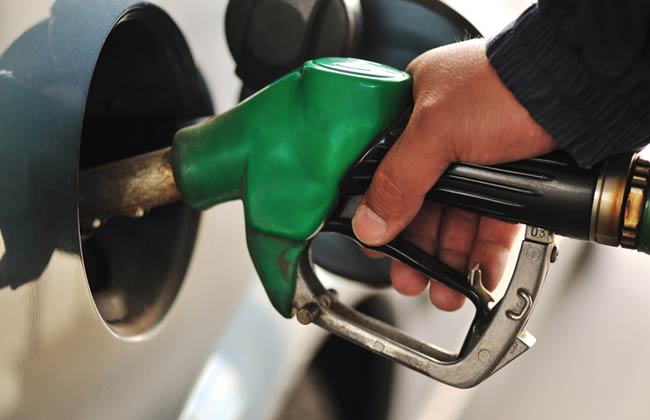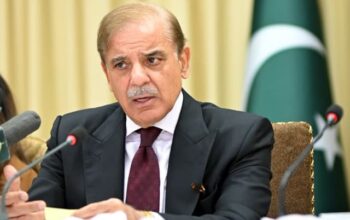By Staff Reporter
ISLAMABAD: The energy ministry is pushing ahead with plans to deregulate fuel prices, a move that has split the industry and sparked concerns among dealers.
In a letter seen by the IP, the ministry instructed the Oil and Gas Regulatory Authority (Ogra) to finalize a framework for transferring pricing responsibility to oil marketing companies (OMCs).
The move follows Prime Minister Shehbaz Sharif’s directive to liberalize the sector, allowing oil companies to set their own rates for different cities and towns, a move that could lead to varying prices across the country.
The decision, aimed at liberalizing the petroleum sector, would end the current uniform pricing mechanism, where the government announces fortnightly fuel prices calculated by the Oil and Gas Regulatory Authority (OGRA).
The government in actual only notifies tax rates and profit margins for dealers and marketing companies, while OGRA adjusts the Internal Freight Equalisation Margin (IFEM) to ensure uniform pricing.
Under the new framework, OGRA and the Competition Commission of Pakistan would play a greater role in ensuring product quality, availability, and a competitive environment to prevent market collusion.
OGRA will convene a meeting on Thursday to discuss the implications of deregulation, which could lead to varying fuel prices across the country.
The meeting will not include representatives from OMCs or dealers, two key stakeholders in the process.
“We support deregulation, but it should be done in a phased manner,” said an OMC official, who asked not to be named. Dealers, however, oppose the move, fearing it will erode their commissions.
OMCs currently earn a margin of 7.87 rupees per liter for petrol and diesel, while dealers earn around 8.70 rupees per liter. Both groups have been pressing the government to increase their margins following the recent federal budget.
However, a petroleum dealer said the deregulation could trigger unrest in far-flung areas, where prices are expected to be higher than in port cities and areas with POL depots.
“The deregulation would also mean varying prices from one city to another and from one oil company to another, potentially impacting consumers and businesses.”
The energy ministry’s move comes as Pakistan struggles to manage its fuel subsidies and balance its budget. A successful deregulation could attract investment in the sector, but it also risks fuel price volatility.
Copyright © 2021 Independent Pakistan | All rights reserved




